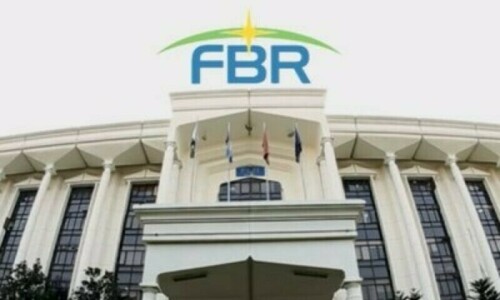
PALO ALTO, California: Facebook says it wants to help others build startups more easily and efficiently by sharing the technology behind the servers that power its massive online social network. In turn, it hopes to benefit from others’ innovations, too.
Facebook won’t make any money from the Open Compute Project announced Thursday. Rather, by making the blueprints and mechanical designs of its servers available to everyone through a model known as open source, the company hopes others will improve them. Facebook can then incorporate those advances into its own servers.
‘‘Being able to design more efficient servers ... is a big part of being able to build the things we build,’’ said Frank Frankovsky, director of hardware design and supply chain at Facebook. The company already opens up the software behind its site so that developers can build applications on top of it.
Servers inside data centers are the backbone of Internet services such as Facebook. They store and transmit billions of status updates, links, photos and all the outside apps used by Facebook’s members.
After renting out space in data centers in California and Virginia, Facebook recently opened its own in Prineville, Ore., and is building another in North Carolina. It says the Prineville data center is 38 percent more energy-efficient and 24 per cent cheaper to build than the data centers Facebook had been using.
‘‘Normally when we call a lot of people over here, we are talking about products,’’ CEO Mark Zuckerberg said at the announcement at Facebook’s headquarters in Palo Alto. It’s ‘‘easy to lose track of what powers all that.’’
Facebook said it is already working with manufacturers, including Dell Inc., that are building servers based on its design. Some servers are already available.
Intel Corp. also helped Facebook develop the server specifications, said Jason Waxman, Intel’s general manager for high-density computing. He added that the design combined with the efficiencies in Facebook’s data center cut the power cost to the average computer user by 60 per cent _ a huge amount considering Facebook’s scale.
Waxman said offering open standards can help grow the technology industry. By helping others develop more efficient data centers, ‘‘you expand the pie, and I think everybody wins,’’ he said.
Forrester analyst Richard Fichera said Facebook deserves credit for sharing its technology with the wider world, including competitors, even if the company is also motivated by less altruistic reasons. He said in a blog post that sharing the designs essentially creates a community of competing suppliers and could help Facebook lower costs.












































Dear visitor, the comments section is undergoing an overhaul and will return soon.